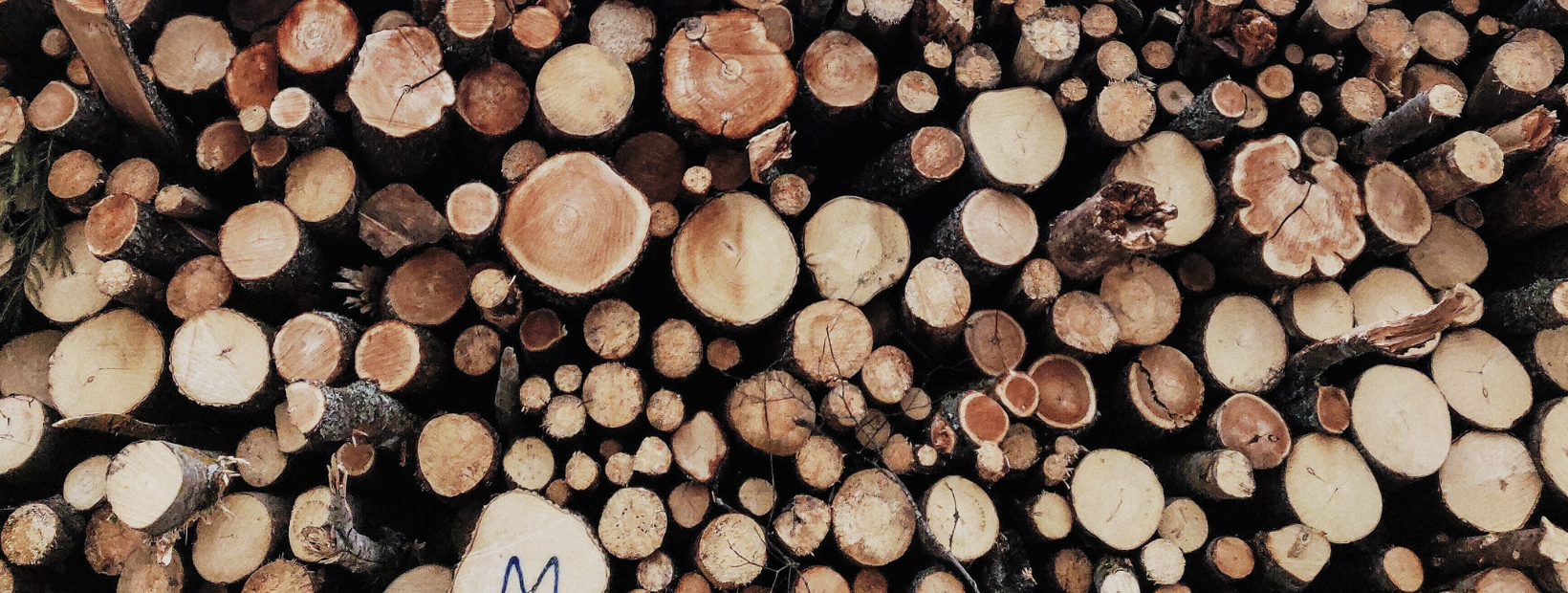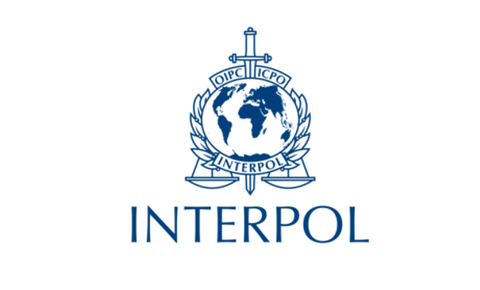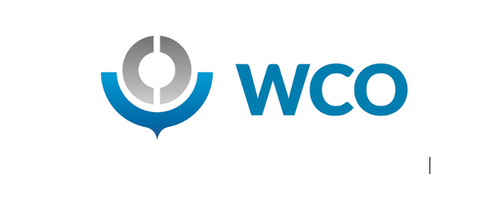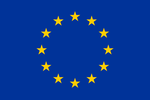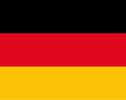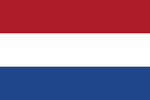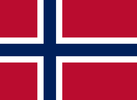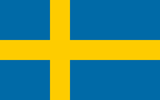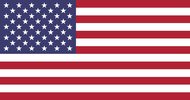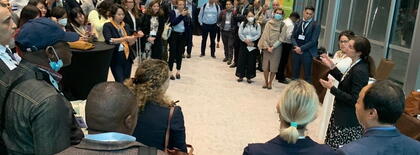Partners
Convention on International Trade in Endangered Species of Wild Fauna and Flora (CITES)
CITES is an international agreement between governments. Its aim is to ensure that international trade in specimens of wild animals and plants does not threaten their survival. CITES establishes the legal framework and procedural mechanisms for the regulation of international trade in over 37,000 species of animals and plants, to ensure that international trade in wild fauna and flora is legal, sustainable and traceable.
The International Criminal Police Organization (INTERPOL)
INTERPOL - is the world’s largest international criminal police organization, with 196 member countries. Created in 1923, it facilitates cross-border police cooperation, and assists all organizations, authorities and services whose mission is to prevent or combat international crime. This is done by providing a high-tech infrastructure of technical and operational support such as targeted training, expert investigative support, specialized databases and secure police communications channels. INTERPOL’s General Secretariat has a Sub-Directorate devoted to Illicit Markets which includes the Environmental Security Programme.
United Nations Office on Drugs and Crime (UNODC)
UNODC is the global leader in the fight against illicit drugs and transnational organized crime. For the past two decades UNODC has been helping to make the world safer from drugs, organized crime, corruption and terrorism. UNODC is active in all regions of the world through an extensive network of field offices. UNODC’s Global Programme for Combating Wildlife and Forest Crime is the focal point for the organizations’ work in addressing environmental crimes and supports Member States in improving national, regional and international criminal justice and preventive responses to better tackle these crimes.
World Bank (WB)
The World Bank is a vital source of financial and technical assistance to help developing countries around the world eradicate poverty and promote shared prosperity. The WBG is one of the largest providers of development assistance to combat environmental crimes and support countries in managing their natural resources more sustainably. The WBG helps countries through coordination efforts of the Global Wildlife Program, delivery of technical assistance on anti-money laundering, and support to the implementation of regional and country-specific investments to safeguard environment and natural resources and promote resilient rural economies.
World Customs Organization (WCO)
The WCO is the only intergovernmental organization exclusively focused on Customs matters. With its worldwide membership, the WCO is now recognized as the voice of the global Customs community. It is particularly noted for its work in areas covering the development of global standards, the simplification and harmonization of customs procedure, the facilitation of international trade, trade supply chain security, the enhancement of Customs enforcement and compliance activities, anti-counterfeiting and piracy initiatives, public-private partnerships, integrity promotion, and sustainable global Customs capacity building programmes.
Donors
The following donors are generously providing funds to support the implementation of the ICCWC Vision 2030 and its ICCWC Strategic Action Plan 2023-2026:
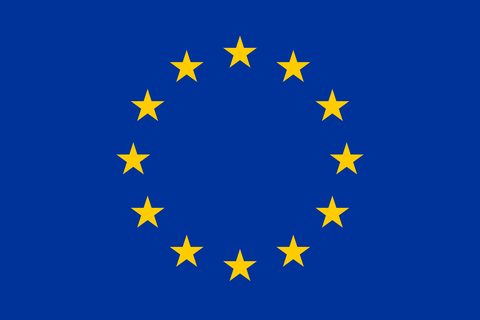
European Union
The European Union’s contribution supports the enhancement of coordinated responses and information sharing to combat wildlife crime at national, regional and international levels. It is also focused on bolstering national enforcement systems, including customs, police and border control, and supporting demand-reduction efforts.

Principality of Monaco
The Principality of Monaco is focused on ensuring post-operational support to wildlife crime cases, supporting West and Central Africa in implementing CITES CoP Decisions, maintaining the CITES Annual Illegal Trade Database, and communicating on ICCWC activities.
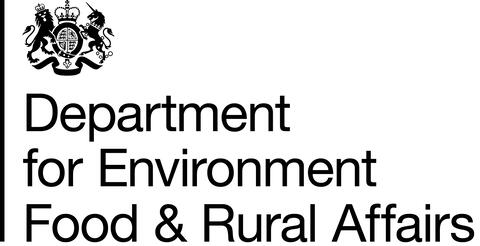
United Kingdom of Great Britain and Northern Ireland
The UK’s contribution to ICCWC is focused on supporting the disruption of criminal networks involved in wildlife crime, on ensuring that countries are able to take effective action against this type of crime, and on enhancing national and international coordination and cooperation to this end.
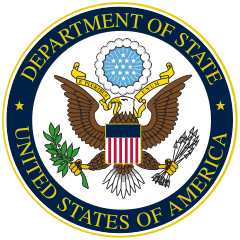
United States of America
The US’s contribution to ICCWC is focused on supporting the development and operation of Wildlife Enforcement Networks (WENs) globally, including in the Caribbean region.
Past donors
